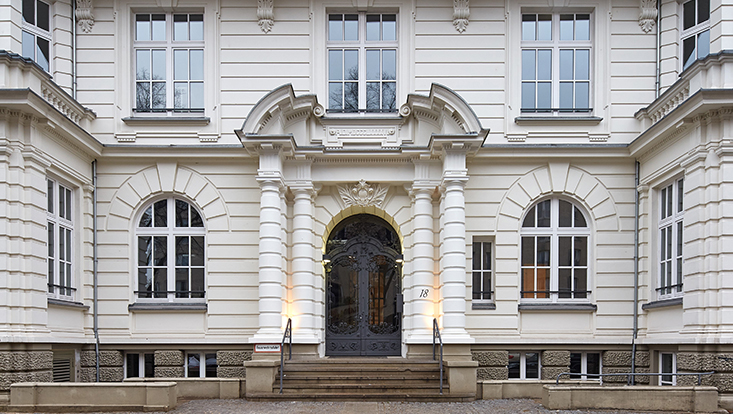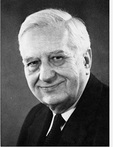Mission, Vision, History
Our Mission
Building on Hamburg’s history as an international trade metropolis, we develop and teach contemporary approaches to business. In our research and research-based education we focus on evidence-based decision-making. We contribute valuable data-driven insights and foster critical thinking for a sustainable future.
Our Vision
Our vision is to be a leading Business School in Europe for quantitative and empirical research with high economic and societal impact and for research-based education that develops future leaders to shape a sustainable future.
Our Values
Our values are inspired by the Hanseatic “honorable merchants” who have shaped commerce in Hamburg for centuries. They are recognized as smart and successful business leaders with a global network and a pronounced sense of responsibility for their own companies, for society, and for the environment. Honorable merchants are trustworthy, down-to-earth, and unpretentious.
- Excellence: We are committed to excellence in everything we do.
- Impact: We contribute to society by generating innovative, relevant insights based on rigorous research and by educating critical thinkers who make a difference in the world.
- Responsibility: We uphold and encourage sustainable, socially responsible behavior.
- Openness: We engage openly with other disciplines, communities and cultures. We embrace diversity in all its forms.
- Connectedness: We are a collegiate and supportive community that fosters cooperation and gives researchers and students the autonomy to flourish.
The Business School in numbers
- Over 4000 bachelor and master students
- 7 applicants for every study place in Bachelor of Business Administration
- 29 professors, 10 assistant professors, 10 lecturers, and around 140 doctoral researchers
- 3 Key Research Areas, 8 Disciplinary Groups
- 2nd in Germany for research: Wirtschaftswoche Ranking 2022
Business Administration at the University of Hamburg: A history
In keeping with Hamburg’s reputation as a mercantile city, there has been a long tradition of business research at the University. With his appointment to the Faculty of Law and Political Science, Curt Eisfeld became the University’s first professor of business administration in 1927 and helped establish the degree program in business administration.
From 1954 onward, business administration was taught in the Faculty of Business, Economics and Social Sciences.
In 2005, Hamburg’s University of Business, Economics and Politics (Hochschule für Wirtschaft und Politik) was integrated into the Faculty. In 2008, the Department of Business Administration was formed as one of four departments of the Faculty.
In 2014, the Department of Business Administration was transformed into the Faculty of Business Administration. In 2016, the Faculty established a Management Transfer Lab to develop and coordinate connections with practice, and in 2018, the Faculty formed its own Graduate School to promote young researchers.
The House of Business Administration

Located at Moorweidenstraße 18, the house was built in 1896 by Hamburg architect Semmy Engel. It was one of the first buildings built outside the former city gates "in front of the Dammtor." Once a residential building, it has been used by University of Hamburg since 1948. With several distinctive design features, including an innovative floorplan with a five-story front house and a seven-story back house, it was declared a cultural monument in 2003. It was renovated between 2014 and 2016, and has been the House of Business Administration since. It is open to the public in Hamburg Preservation Foundation's annual Heritage day.
Memberships
The Business School is a member of the EFMD global network of business schools and corporations dedicated to enhancing excellence in management education and development globally.
Principles for Responsible Management Education (PRME)
The Business School is a signatory of Principles for Responsable Management Education to promote ethics, responsibility and sustainability in business education.



